Judge rules that an illustration style can’t be a trademark
 Yesterday, Judge Janis Sammartino handed down a ruling in our ongoing case, Dr. Seuss Enterprises v. ComicMix, allowing the case to proceed to discovery while narrowing the allegations in significant ways. Buried in the order is a very important point that has implications for the entire comics industry, to wit (with footnotes and citations omitted):
Yesterday, Judge Janis Sammartino handed down a ruling in our ongoing case, Dr. Seuss Enterprises v. ComicMix, allowing the case to proceed to discovery while narrowing the allegations in significant ways. Buried in the order is a very important point that has implications for the entire comics industry, to wit (with footnotes and citations omitted):
Plaintiff claims Defendants misappropriated “the unique illustration style [of] the characters and backgrounds found throughout Dr. Seuss books, that have come to be instantly recognized by consumers as source identifiers for Dr. Seuss.” Defendant argues trademark law does not protect an artistic style. …
Most courts have held there is no trademark protection for the “style” of an artist. Style is a matter more properly protected by copyright law. …
Plaintiff cited no authority to support its assertion that its general “style” is a protectable trademark. Plaintiff only argues that the book can be subject to both trademark and copyright protection and that distinctive characters can qualify as trademarks. Plaintiff claims the Ninth Circuit has recognized Plaintiff owns trademark rights to “the character illustration of the Cat [in the Hat’s] ‘stove-pipe hat’.” But the illustration of the Cat’s hat is different than the general “illustration style” and non-specific “characters and backgrounds found throughout” Plaintiff’s books, in which Plaintiff asserts trademark rights now. And Plaintiff does not allege trademark rights in any specific character or background image in [Oh, The Places You’ll] Go! The Court is not holding illustrations of specific characters within Go! are precluded from trademark protection, but at this stage of the proceedings and based on the information in front of the Court, the Court finds that Plaintiff’s claimed general “illustration style” is not protectable.
What does this mean for comics? It puts plainly what many artists in the comics industry already knew: you can’t be legally dinged for drawing like Jack Kirby, or Neal Adams, or John Buscema, David Finch, Jim Lee or anybody else— not directly copying art, which might lead to a copyright infringement claim, but drawing in the style of a particular artist (or if you prefer, a particular school of art, like, say, the Bolognese or Kubert school) isn’t a trademark infringement. When we speak of an artist’s “trademark style” we’re not actually speaking of a legal trademark, and as such it’s not something that can be legally claimed.
And this means that if, say, Ty Templeton draws a portrait of me looking like I was drawn by Dr. Seuss, there’s not a thing Dr. Seuss Enterprises can do about it.
Of course, this is generally a good thing. This means that no artist can be charged with stealing someone else’s “trademark style” or the way they draw (or for that matter, how they shoot a photograph or a movie). We all learn from each other, we all influence each other— particularly in comics— and we all build on other works and artistic traditions and styles to create new works of art to tell stories.
If you’d like to read the ruling, click here.



 to show solidarity with the Champions’ agenda. So the Champions put their copyrighted logo into the
to show solidarity with the Champions’ agenda. So the Champions put their copyrighted logo into the 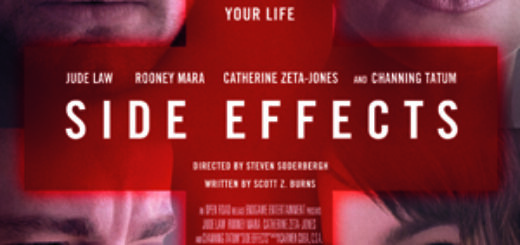
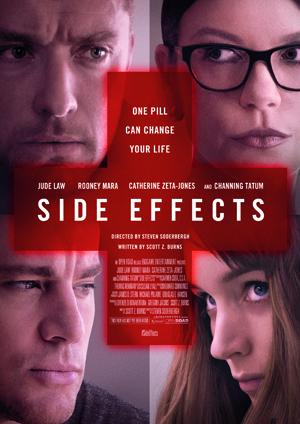

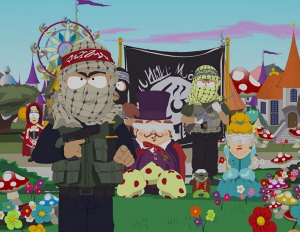
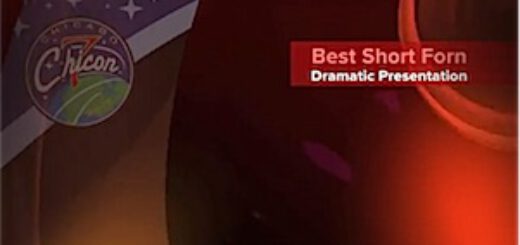


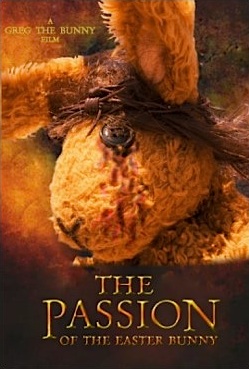 Today’s list of quick items:
Today’s list of quick items: Well, this has been an entertaining weekend.
Well, this has been an entertaining weekend. From
From 









